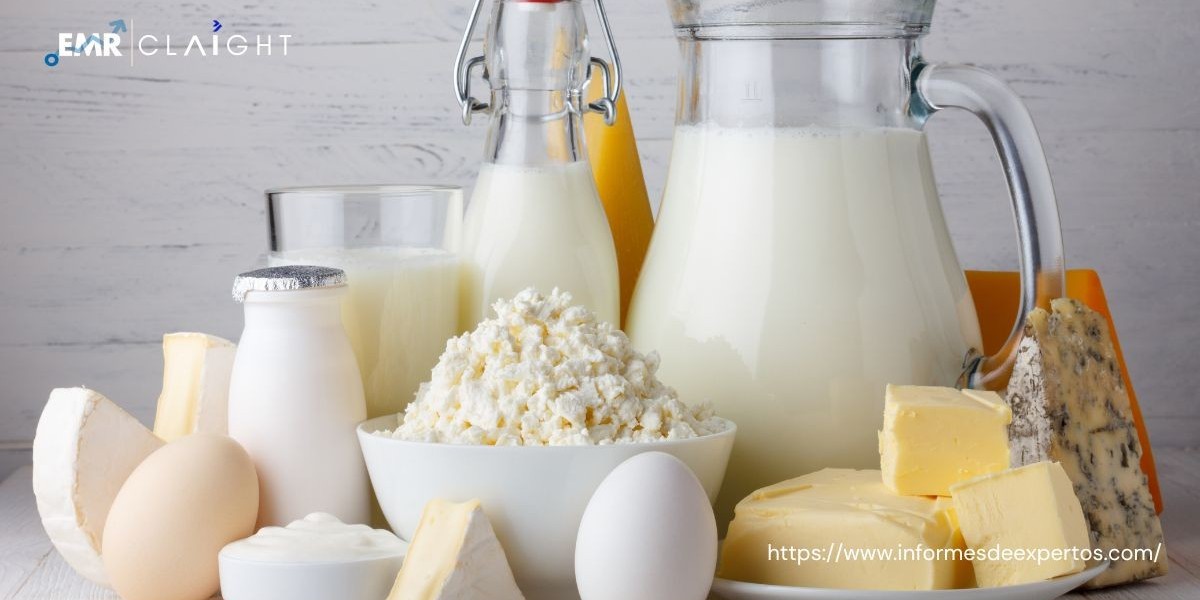The dairy market in Mexico is a significant component of the country's agricultural sector, characterized by a diverse range of dairy products and robust domestic consumption. Dairy production in Mexico plays a crucial role in both rural livelihoods and national food security, with milk and dairy products serving as staples in the Mexican diet.
Overview of Dairy Production
Dairy farming in Mexico is primarily concentrated in various regions across the country, with notable production centers in states such as Jalisco, Coahuila, Durango, and Guanajuato. The industry comprises a mix of small-scale, family-run farms and larger commercial operations, contributing to the sector's overall resilience and capacity to meet domestic demand.
Key Dairy Products
The Mexican dairy market offers a wide array of products that cater to diverse consumer preferences and culinary traditions:
- Fluid Milk: Fresh milk remains a cornerstone of the Mexican diet, consumed both plain and as an ingredient in beverages and dishes.
- Cheese: Mexico is renowned for its variety of cheeses, including queso fresco, panela, Oaxaca, and cotija, which are integral to traditional Mexican cuisine.
- Yogurt and Fermented Products: Yogurt and other fermented dairy products have gained popularity among health-conscious consumers, contributing to market growth.
- Processed Dairy Products: These include butter, cream, condensed milk, and powdered milk, which are widely used in cooking and baking.
Market Dynamics
The Mexican dairy market is influenced by several key factors:
- Consumer Demand: High demand for dairy products stems from cultural preferences, nutritional benefits, and the versatility of dairy in Mexican cuisine.
- Government Support: Policies supporting dairy farmers, such as subsidies, credit facilities, and infrastructure development, play a crucial role in sustaining production and ensuring price stability.
- Trade Dynamics: Mexico imports dairy products to supplement domestic production, particularly cheese and milk powder, to meet demand and fill gaps in seasonal production cycles.
- Technological Advancements: Investments in dairy processing technologies and farm management practices enhance productivity, quality, and efficiency in the supply chain.
Challenges
Despite its strengths, the Mexican dairy market faces challenges, including:
- Climate Vulnerability: Climate variability impacts feed availability and water resources, affecting herd health and milk production.
- Market Access and Competition: Global trade dynamics and fluctuations in dairy prices influence market competitiveness and profitability for Mexican producers.
- Health and Nutrition Concerns: Increasing consumer awareness of health issues related to dairy consumption, such as lactose intolerance, requires diversification of product offerings and marketing strategies.
Future Outlook
The future of the Mexican dairy market is promising, driven by population growth, urbanization, and evolving consumer preferences. Opportunities for growth lie in product innovation, sustainability initiatives, and leveraging technology to enhance efficiency and competitiveness. Strategic partnerships and investments in research and development are crucial for meeting evolving market demands while ensuring environmental sustainability and socio-economic development in rural communities.







